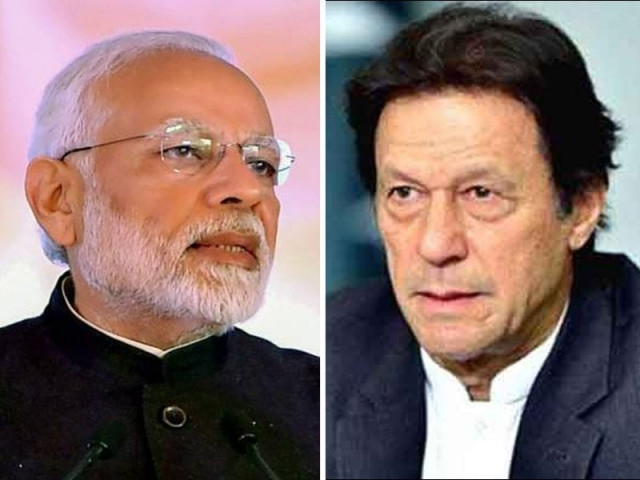Muslims better off in Pakistan or India?
The economic, educational factors and the freedom to worship parameters for Muslims in both states

Muslims better off in Pakistan or India?
So, what were the two core demands of the Pakistan resolution? The first demand was that ‘no constitutional plan would be acceptable to Muslims unless the areas in which the Muslims are numerically in a majority are grouped to constitute independent states.’
There’s no doubt that Pakistan has delivered on the overt articulation of this resolution through the birth of the historical and geographical miracle that is Pakistan. However, did Pakistan deliver on the substance of the resolution i.e. whether Muslims will be better off in an independent state versus a united India? We have the good fortune of being able to study — in a real historical and social laboratory — how Muslims fared in India versus Pakistan. In this column, we’ll compare the economic, educational factors and the freedom to worship parameters for Muslims in both states and see who did better.
Before we dive into that, I know there’s a raging debate on whether Pakistan was meant to be a secular state or a religious one. My personal position is that we need to debate what’s best for Pakistan today versus debating what the Quaid did or did not say (because, like a good lawyer and politician, he said enough to be quoted by both the sides).
Regardless of that debate, both countries, Pakistan and India, have miserably failed their respective minorities and it’s important to mention that Pakistan Resolution’s second demand was for ‘adequate, effective and mandatory safeguards to be specifically provided in the constitution for minorities’. On this front, we haven’t delivered on the Pakistan resolution.
Now, back to the core question. Are Muslims better off in India or Pakistan? Let’s take economic wellbeing first. According to the CIA’s World Factbook, India’s per capita income is $7,200 (in 2017 dollars), while Pakistan’s per capita income is $5,400 (in 2017 dollars). India is better off than Pakistan here but can we find data on how Muslims in India fare specifically versus Indians as a whole?
To answer this question, I sifted through a 424-page report issued by the Prime Minister’s Office in India on the ’Social, Economic and Educational Status of the Muslim Community of India’. The report documents how Muslims have disproportionately lower access to government jobs (are especially under-represented in police and security-related sectors), lower access to credit and work mostly in the informal sector versus the formal sector. However, the report couldn’t quantify per capita GDP for Muslims in India, even though it was lower than the national average.
On literacy, the national Indian literacy rate (71%) is higher than Pakistan (59%) but Indian Muslims have a significant gap in their literacy rate versus the national average. According to the report, ‘the disparity in graduation attainment rates is widening since 1970s between Muslims and all other categories in both urban and rural areas. This is particularly worrying because the socio-economic position of other social classes was recognised to be inferior to that of Muslims at Independence.
Finally, on religious freedom, this Modi government’s anti-Muslim actions, ranging from the response to Gujarat riots to cow killings, demonstrates that it’s easier to practise Islam in Pakistan than it is in India.
In conclusion, Muslims are better off in Pakistan when it comes to practising their religion and having better access to government jobs and higher education opportunities. It’s a miracle but the central hypothesis of the Pakistan resolution was correct: Muslims are better off in Pakistan. Perhaps now would be a great time to think about the second half of the Pakistan resolution i.e. giving minorities the rights they deserve.
Published in The Express Tribune, March 24th, 2019.
Like Opinion & Editorial on Facebook, follow @ETOpEd on Twitter to receive all updates on all our daily pieces.














COMMENTS
Comments are moderated and generally will be posted if they are on-topic and not abusive.
For more information, please see our Comments FAQ